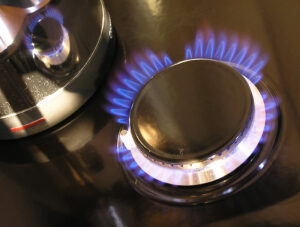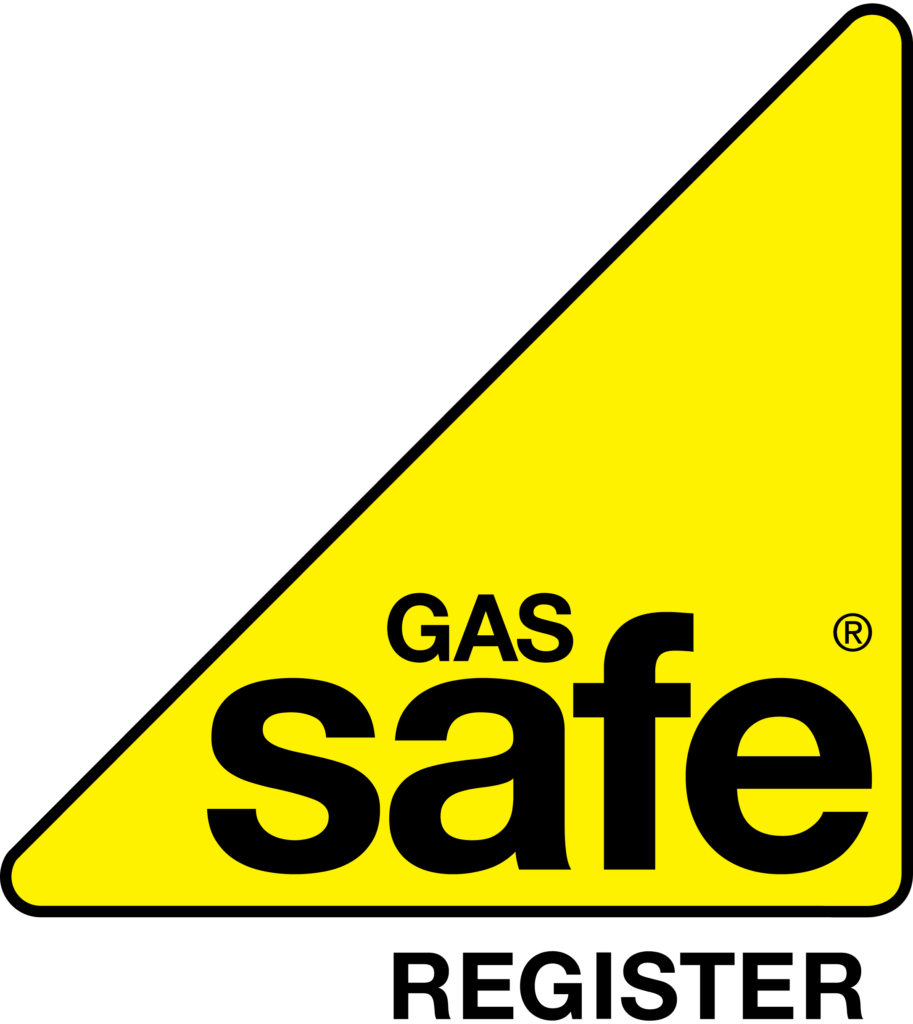If you’re buying, selling, or renting a property in the UK, you’ll need an Energy Performance Certificate (EPC). This document is a Selling a home: Energy Performance Certificates – GOV.UK and provides an energy efficiency rating for the property, ranging from A (most efficient) to G (least efficient). It also includes recommendations on how to improve the property’s energy efficiency, potentially lowering energy bills and carbon emissions.
But how much does an EPC certificate cost?
The price of an EPC varies based on multiple factors, including:
- The size and type of your property – Flats, terraced houses, semi-detached, and detached homes have different pricing.
- Your location – EPC costs in London and other cities may be higher than in rural areas.
- Who you hire – Estate agents, independent EPC assessors, and online services charge different fees.
- How quickly you need it – Urgent assessments or same-day services may cost more.
Hiring an independent EPC assessor is often more affordable than using an estate agent. Estate agents tend to add extra fees for convenience, while independent assessors offer competitive pricing.
Table of Contents
ToggleWhat You’ll Learn in This Guide
This comprehensive guide covers everything you need to know about EPC costs, including:
- The average cost of an EPC certificate in the UK – What price you should expect to pay.
- How estate agents charge for EPCs – Understanding whether their fees are worth it.
- How to get an EPC quickly – How long the process takes and how to speed it up.
- What factors affect the cost of an EPC? – The key reasons why EPC prices vary.
- How to improve your EPC rating – Simple changes to boost your home’s energy efficiency.
- Frequently asked questions about EPCs – Answering common EPC concerns.
By the end of this guide, you’ll have a clear understanding of EPC costs and how to find the best deal while ensuring compliance with UK regulations.
What is an EPC Certificate?

An Energy Performance Certificate (EPC) is an official document that assesses and rates the energy efficiency of a property. It provides potential buyers, tenants, and property owners with information about a building’s energy consumption and carbon dioxide (CO₂) emissions. The certificate also includes recommendations for improving energy efficiency, helping property owners reduce energy bills and environmental impact.
EPC ratings are given on a scale from A to G, where:
- A (most efficient) indicates excellent energy performance with lower running costs.
- G (least efficient) means the property has high energy consumption and poor insulation.
Why is an EPC Important?
An EPC is important for several reasons:
- Legal Requirement – If you are selling or renting out a property, UK law requires you to have a valid EPC before listing it.
- Energy Savings – The EPC includes recommendations on how to make a property more energy-efficient, potentially reducing heating and electricity costs.
- Higher Property Value – Homes with better EPC ratings are often more attractive to buyers and tenants, as they come with lower energy bills.
- Environmental Impact – A more energy-efficient home helps reduce carbon emissions, contributing to sustainability efforts.
EPC certificates are issued by qualified Domestic Energy Assessors (DEAs) who inspect various aspects of a property, such as insulation, heating systems, lighting, and windows. Once the assessment is complete, the property owner receives the EPC, which is valid for 10 years.
If you need to check an existing EPC or get a new one, you can find registered assessors on the UK Government’s EPC Register.
How Much Should I Expect to Pay for an EPC Certificate?
The cost of an EPC certificate depends on several factors, but the average price in the UK ranges from £35 to £120.
| Property Type | Average EPC Cost (£) |
|---|---|
| Flat | £35 – £60 |
| Terraced House | £45 – £80 |
| Semi-Detached House | £50 – £100 |
| Detached House | £60 – £120 |
What Affects the Cost of an EPC Certificate?
Several factors determine the price of an EPC:
- Property Size & Type – Larger properties require more assessment time, increasing costs.
- Location – EPC prices in London and other major cities tend to be higher.
- Assessor Pricing – Prices vary based on the experience and demand for EPC assessors.
- Booking Time – Urgent EPC requests or same-day assessments may come with higher fees.
- Estate Agent vs. Independent Assessor – Estate agents often charge more for EPCs than independent assessors.

💡 Tip: To save money, compare quotes from multiple EPC providers before booking an assessment.
How Much Do Estate Agents Charge for an EPC Certificate?
Estate agents often offer EPC certificates as part of their service package when selling or renting a property. However, they usually charge higher fees than independent EPC assessors.
Why Do Estate Agents Charge More?
- Middleman Costs – Estate agents do not conduct EPC assessments themselves. Instead, they outsource the task to a third-party assessor and add their own markup, increasing the cost for homeowners and landlords.
- Bundled Fees – Some estate agents include EPC costs within larger property marketing packages, making it difficult to see how much you’re actually paying.
- Convenience Charges – Since the estate agent arranges everything on your behalf, they charge extra for saving you the hassle of finding an assessor yourself.
Typical EPC Costs with Estate Agents
The cost of an EPC through an estate agent can range from £80 to £150, which is significantly higher than hiring an independent Domestic Energy Assessor (DEA) directly, where prices typically range from £35 to £120.
How to Avoid Overpaying for an EPC Certificate
- Get Quotes from Independent EPC Assessors – Instead of relying on an estate agent, hire a certified Domestic Energy Assessor (DEA) directly.
- Compare Prices – Use online comparison sites to find the best deal.
- Check Government-Approved Assessors – The UK Government EPC Register allows you to search for licensed assessors in your area.
Is it Worth Getting an EPC Through an Estate Agent?
While estate agents offer convenience, you will likely pay more than necessary. Hiring an independent EPC assessor can help you save money while still meeting legal requirements.
How Quickly Can You Get an EPC Certificate?

Most EPC assessments are completed within 24 to 72 hours, but the timeline depends on several factors:
- Assessor Availability – During busy periods, such as peak selling seasons, it may take longer to schedule an EPC assessment.
- Property Size and Complexity – Larger or more complex homes take longer to inspect, which could affect how quickly you receive your certificate.
- Location – In cities and urban areas, there are more EPC assessors available, meaning faster service. In rural areas, there may be fewer assessors, which could result in delays.
If you need an EPC urgently, some assessors offer same-day or next-day services, but they may charge an additional fee for expedited processing.
Can I Get an EPC Online?
No, you cannot obtain an EPC certificate online without an in-person assessment.
However, you can book an EPC assessment online through government-approved websites or private EPC providers. The assessor will then visit your property to conduct the inspection before issuing the certificate.
Where to Find an EPC Assessor?
To ensure you get a legitimate EPC, use the UK Government’s EPC Register to find a certified assessor near you:
Find an EPC Assessor
How Much is an EPC in the UK?
The cost of an EPC depends on property size, type, and location. However, most homeowners pay between £35 and £120.
- Flats tend to be the cheapest, with EPC costs ranging from £35 to £60.
- Terraced and semi-detached houses cost between £45 and £100.
- Detached houses are typically the most expensive, with EPC costs ranging from £60 to £120.
If you go through an estate agent, expect to pay up to £150 or more.
Is an EPC Worth It?
Yes! Even if you’re not selling or renting, an EPC can provide valuable insights into your home’s energy efficiency.
Benefits of Having an EPC Certificate
- Lower Energy Bills – The EPC provides recommendations for reducing energy waste, which can cut down heating and electricity costs.
- Higher Property Value – Homes with higher EPC ratings are more attractive to buyers and tenants, potentially increasing resale value.
- Compliance with UK Regulations – If you plan to sell or rent your property, an EPC is legally required.
- Environmental Impact – Improving your EPC rating helps reduce carbon emissions, making your home more environmentally friendly.
If your home has a low EPC rating, making energy efficiency improvements can save money in the long run and increase your property’s appeal.
What Does an EPC Check Involve?
During an EPC assessment, the assessor evaluates several factors that affect energy efficiency. The inspection usually takes 30 to 60 minutes, depending on property size.
What Does the Assessor Check?
- Insulation Levels – Loft, wall, and floor insulation to determine how well the home retains heat.
- Windows & Doors – Whether the property has single, double, or triple glazing to improve thermal efficiency.
- Heating Systems – Boiler type, radiators, thermostats, and heating controls.
- Lighting Efficiency – The percentage of energy-efficient light bulbs used throughout the home.
- Renewable Energy Sources – Presence of solar panels, heat pumps, or other renewable systems that enhance efficiency.
Once the inspection is complete, the property is assigned an EPC rating from A to G, with recommendations for improvements.
How to Improve Your EPC Rating
If your EPC rating is low, there are several ways to improve it and make your property more energy-efficient.
Steps to Improve Your EPC Rating
- Upgrade Insulation – Adding loft, cavity wall, or floor insulation can significantly improve energy efficiency.
- Replace Windows – Switching from single to double or triple glazing reduces heat loss.
- Upgrade Heating Systems – Install a modern, energy-efficient boiler or heating controls.
- Use LED Lighting – Replacing incandescent bulbs with LED lights can improve efficiency.
- Install Renewable Energy Sources – Consider adding solar panels or a heat pump to reduce reliance on traditional energy sources.
How Much Can an Improved EPC Rating Increase Property Value?
Homes with higher EPC ratings are more attractive to buyers and tenants, and some studies suggest that a better EPC rating can increase property value by up to 14%.
If you are planning to sell or rent, improving your EPC rating can enhance market appeal and help your property stand out. 14%!
Frequently Asked Questions (FAQs)
1. Can I Do My Own EPC Certificate?
No, only a qualified Domestic Energy Assessor (DEA) can issue an EPC.
2. How Long Does an EPC Last?
An EPC is valid for 10 years.
3. Can I Sell My House Without an EPC Certificate?
No, it is illegal to sell a property without an EPC in the UK.
4. How Do I Get a Copy of My EPC Certificate?
You can download it from the UK Government EPC Register:
5. Are EPC Assessments Free?
No, but some councils offer free EPC assessments as part of energy efficiency schemes.
6. What Happens If My EPC Rating is Below E?
For rental properties, it’s illegal to rent out a home with an EPC rating below E unless you qualify for an exemption.
Conclusion
The cost of an EPC certificate in the UK varies between £35 and £120, depending on your property type and location.
Key Takeaways:
- Estate agents charge more than independent EPC assessors.
- You must have a valid EPC to sell or rent a property.
- Compare EPC prices to get the best deal.
- A higher EPC rating can reduce energy bills and increase property value.
If you need an EPC, book a qualified assessor today and ensure your home is energy-efficient and legally compliant!






